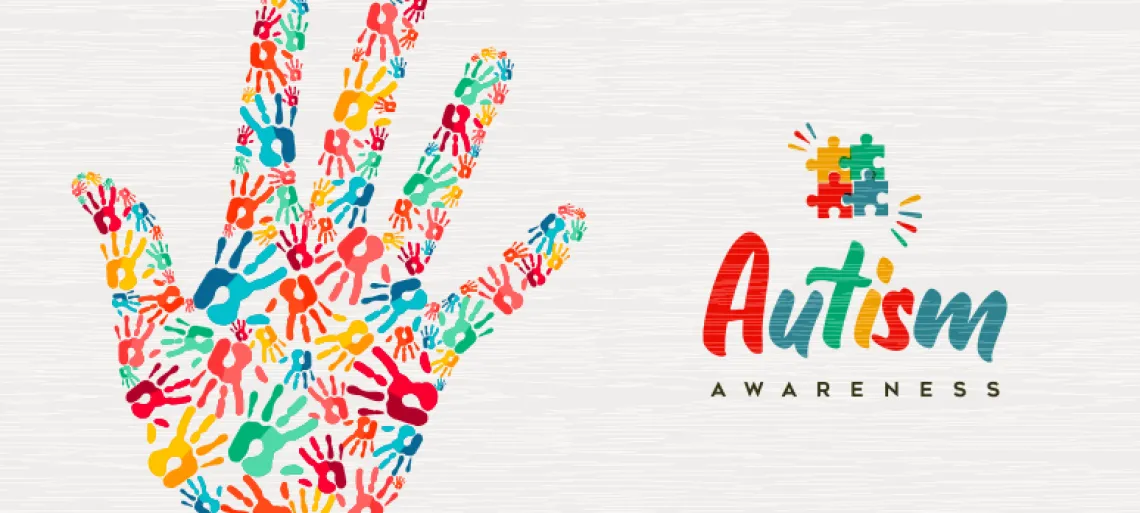
A constant question parents ask themselves is if their children are developing properly. It is a common concern to try to recognize if what they see in their child is a sign of autism (or any other condition) or a developmentally appropriate behavior.
A parent or guardian's first step should be conversing with their child’s pediatrician. These professionals will help them navigate all the challenges, fears, and, of course, joys that raising a child brings. The American Academy of Pediatrics offers a surveillance and screening guide to ease this journey.
Other tools available to help parents find answers or name a detail to have better communication with their health providers are:
- Easterseals provides free access to the development screening test Ages & Stages Questionnaires ASQ.
- The Arizona Early Intervention Program (AzEIP) helps families of children from birth to 2 years of age with learning opportunities to enhance their development.
- Child Find, a program offered through the school districts to children between 3 and 5 years of age, provides screening and referral to services.
- The Autism Society of America and its affiliates offer multiple resources to support families of autistic children and adults.
- Autism Parenting Magazine published “The Ultimate Guide to the Autism Resources for Parents.”
- Research and resources from CDC.
The earlier a child is diagnosed, the better. As scary as the possibility of a diagnosis may be, knowing what your child is experiencing is empowering. Be an advocate for your child’s well-being.
If you are a parent whose concern was not wrong and your child is diagnosed with autism, you are not alone. With treatment and educational programs, autistic children can live fully. Many autistic adults can pursue employment and an independent life in the community. Some examples of a fulfilled life with an autistic diagnosis are Temple Grandin, Susan Boyle, Jerry Seinfeld, and Anthony Hopkins.
April is Autism Acceptance Month. Thanks to the work done by autism organizations, society has a greater awareness of autism. Therefore, it is no longer called “awareness” month. However, there are still challenges, such as prejudice, acceptance, and inclusion, that autistic people face constantly. Join the professionals in the field and help everyone understand and accept neurodiversity.

